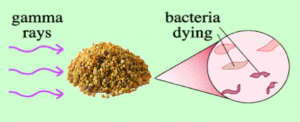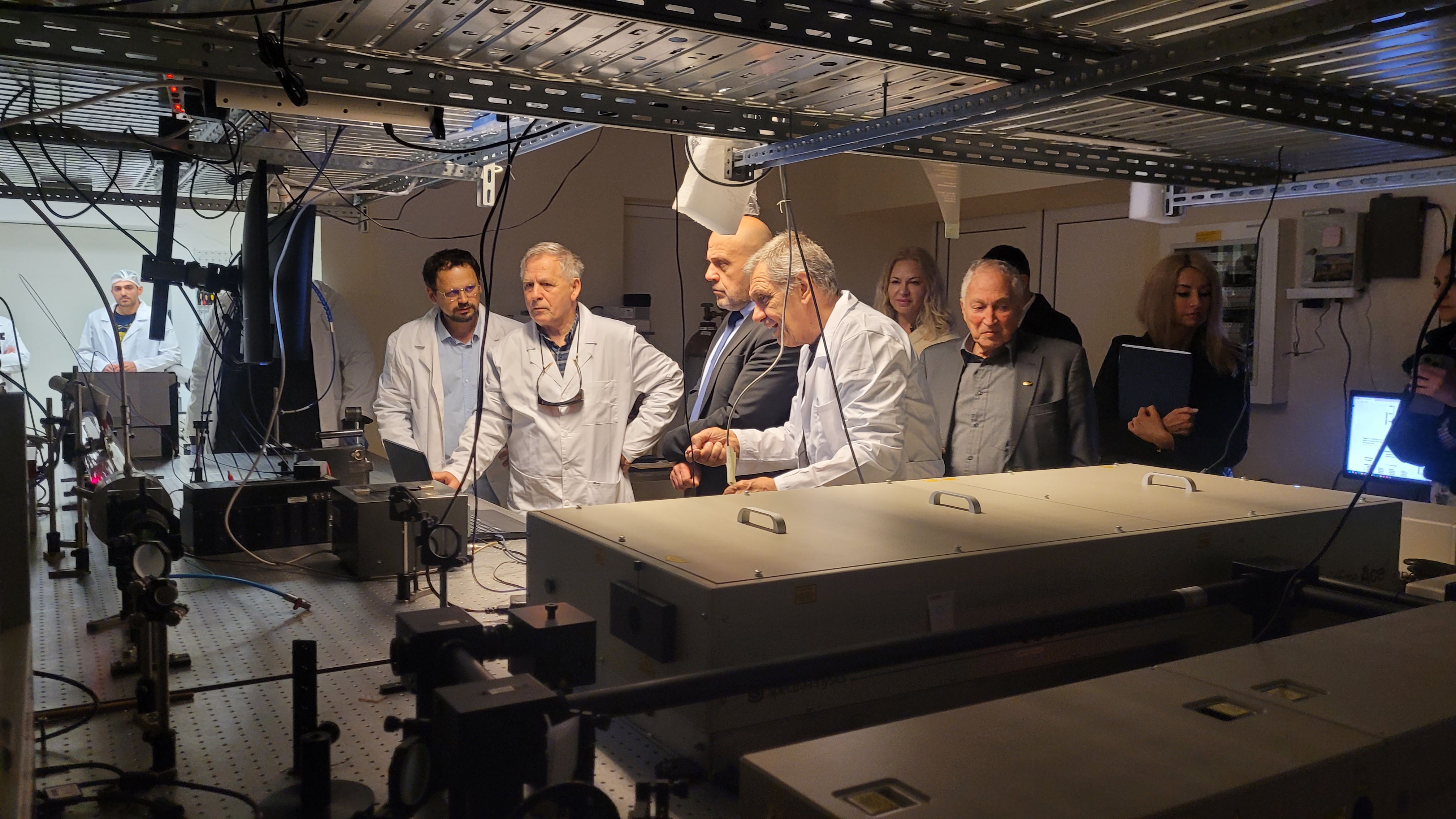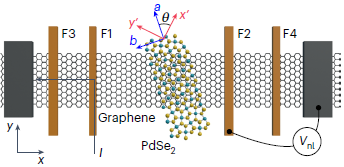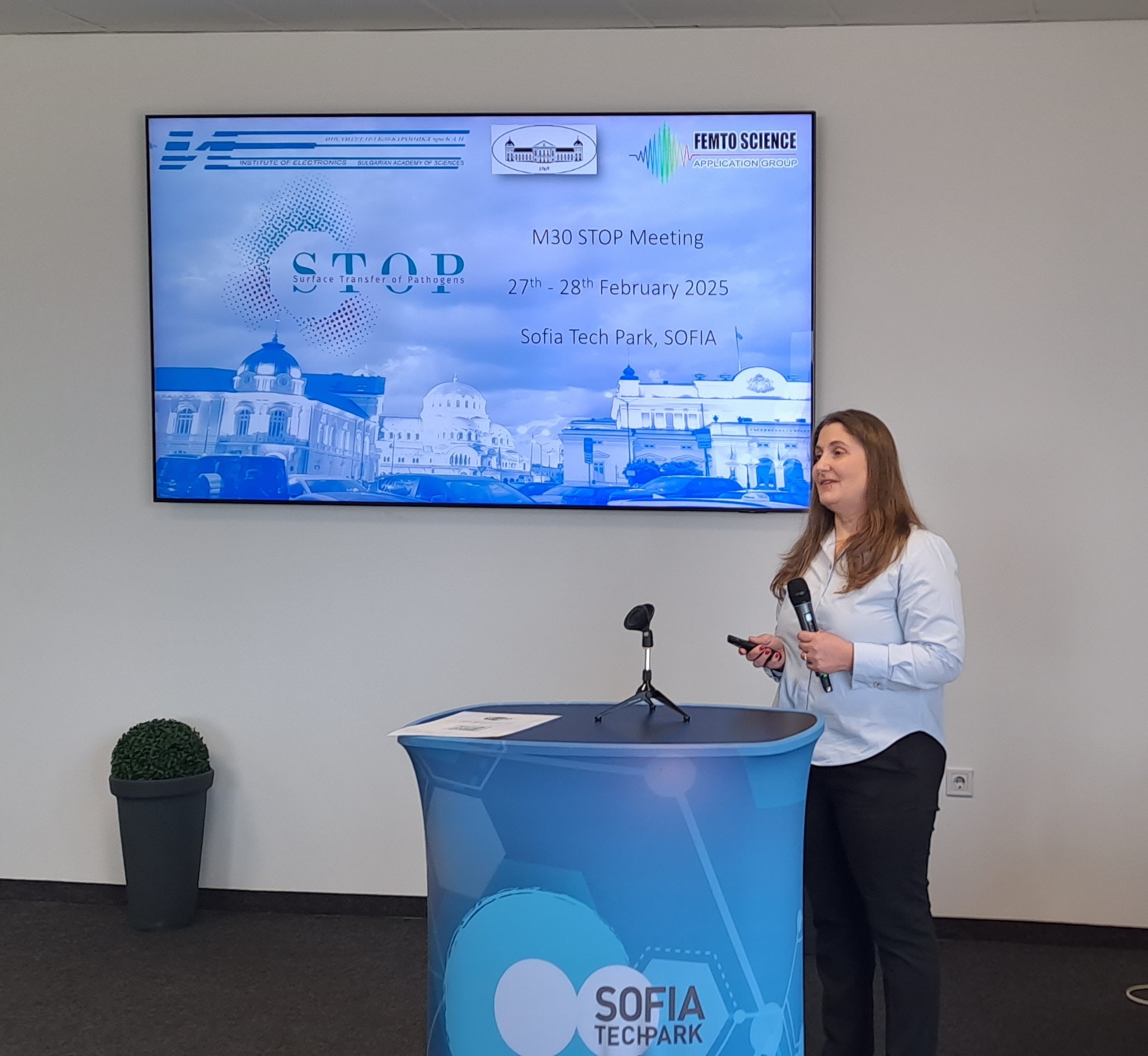How gamma irradiation affects the antioxidant activity of bee products is investigated by Sen. Asst. Prof. Dr. Ralitsa Mladenova from the Institute of Catalysis of BAS. The research, funded by the Bulgarian National Science Fund, uses the electron paramagnetic resonance (EPR) method. With this unique technology, paramagnetic particles (free radicals) can be selectively detected. In this way, food products and medicines that have undergone radiation treatment during sterilisation can be examined.
Radiation treatment is used for the preservation and microbial decontamination of various food products, thus improving their safety and shelf life. Gamma irradiation with doses of up to 10 kGy has been shown to cause no changes in the nutritional quality of the product and no harm to the health of the consumers.
EPR spectroscopy studies have shown that oxygen-centred radicals are generated in some bee products, and their concentration increases with increasing applied radiation dose. It is therefore necessary to control the radiation treatment process.
When natural products are irradiated, gamma rays can cause a change in their antioxidant activity, with positive, negative or no effect. Dr. Ralitsa Mladenova conducted the world’s first studies on the effect of gamma radiation on the antioxidant activity of bee products. She carried out observations on bee pollen, bee bread, royal jelly and propolis, which have high nutritional characteristics and are considered functional foods due to their high content of bioactive substances with beneficial health effects.
Data from studies have shown that the effect of irradiation on radical scavenging activity depends on the absorbed dose of radiation and the chemical composition of the bee product.
Dr Mladenova found that ionising radiation leads to a change in the polyphenolic content which is responsible for the antioxidant properties of natural products. The phenolic content varies from bee product to bee product and from harvest to harvest, as it depends on factors such as plant source, climatic and environmental factors, which affect the biological properties of bee products and their therapeutic qualities. As a consequence of gamma radiation, high molecular weight phenolic compounds are de-structured into one or more smaller structures with different antioxidant properties. Non-phenolic antioxidants such as vitamins, sugars, amino acids, etc. may also be affected in the irradiation process.
The scientific work of Dr. Ralitsa Mladenova proves that in order to preserve or improve the antioxidant properties of bee products, it is necessary to pre-optimize the irradiation dose for each individual batch.






